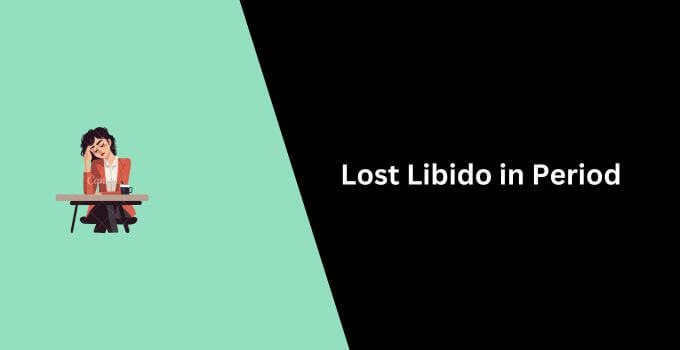Have you ever noticed your sexual desire wane at certain times of the month? You’re not alone. Many people experience a low libido period, often linked to their menstrual cycle.
It’s a natural ebb in sexual interest that can be caused by hormonal changes, emotional stress, or physical discomfort. While it might seem concerning, it’s typically a normal part of your body’s rhythm.
You might find your libido dipping before or during your period, which can be a bit disconcerting if you’re not expecting it. It’s important to remember that this doesn’t mean there’s anything wrong with you.
Understanding your body’s patterns can help you navigate this time with greater ease and maintain a healthy sense of intimacy, even when your libido isn’t at its peak.
Understanding Libido Fluctuations
You’ll notice your sexual desire ebbing and flowing as hormonal changes throughout your menstrual cycle directly impact your libido. During the follicular phase leading up to ovulation, rising estrogen levels typically ramp up your sex drive. You’re likely to experience a peak in sexual desire around this time, as your body prepares for potential conception.
However, after ovulation, as you enter the luteal phase, hormone levels shift. Estrogen and progesterone fluctuations can dampen your libido, making you less interested in sexual activity. These changes can feel perplexing, but they’re a normal part of your body’s rhythm.
Understanding these cycles helps you anticipate and appreciate the natural variations in your desire, rather than being caught off guard by them.
Hormones and Sexual Desire
Understanding the intricate interplay of hormones is essential to grasping why your sexual desire may fluctuate throughout the menstrual cycle. For many women, levels of estrogen begin to rise around day 4 or 5, potentially boosting your energy and, in turn, your libido. As these sex hormones ebb and flow, so does your sexual drive.
You’ll often find your drive peaks at ovulation, coinciding with a surge in estrogen and a rapid decline just before this fertile window.
But it’s not just about estrogen; progesterone levels and even testosterone, though typically associated with men, play crucial roles in balancing your sex hormones. Keep in mind, hormonal birth control can uniquely influence your libido, either dampening or enhancing your sexual desire.
Psychological Influences on Libido
Moving beyond hormonal influences, let’s delve into how psychological factors can significantly weigh on your libido during the menstrual cycle. Stress, anxiety, and past traumas are common psychological influences on libido that may lead to a low libido. Many women report a lack of desire for sex when grappling with such emotional burdens. Consulting with a sex therapist could help in addressing these issues that affect your sex life.
Relationship dynamics play an important part too. Poor communication, emotional disconnect, and lack of trust can all dampen sexual desire. Additionally, body image concerns often contribute to a decreased interest in sexual arousal.
Lifestyle Factors Affecting Libido
Your lifestyle choices, including diet, exercise, and substance use, can significantly influence your sexual desire. During your menstrual cycle, these factors can either heighten or diminish your libido.
For instance, a balanced diet and regular exercise can boost your energy and improve your sex life, while excessive alcohol or drug use might lead to a low libido.
It’s not uncommon for female sex drive to fluctuate at different times of the month due to hormonal changes. Paying close attention to how lifestyle factors affect your libido, especially during your menstrual period, can help you understand the patterns of your sexual desire.
Navigating Intimacy During Low Libido
Experiencing a low libido can make navigating intimate moments with your partner challenging, but open communication and empathy are key to maintaining a healthy relationship during these times.
Your menstrual cycle can significantly impact sexual desire; for instance, high progesterone during the luteal phase might contribute to lower libido, PMS symptoms, or menstrual cramps. Acknowledge that a low mood can also stem from these hormonal changes.
Moreover, birth control side effects can sometimes dampen libido. If you’re dealing with reduced testosterone levels, which can affect both men and women, consider lifestyle tweaks to naturally boost your drive.
Frequently Asked Questions
Conclusion
So, you’ve waded through the murky waters of your libido’s ebb and flow, only to find that the very thing that makes you feel most alive decides to take a nap right when you might need it most. How’s that for timing?
Remember, it’s perfectly normal to not be in the mood when your body is doing its own intricate dance. Embrace the irony, and know that this too shall pass, like every phase of the moon—and your cycle.

